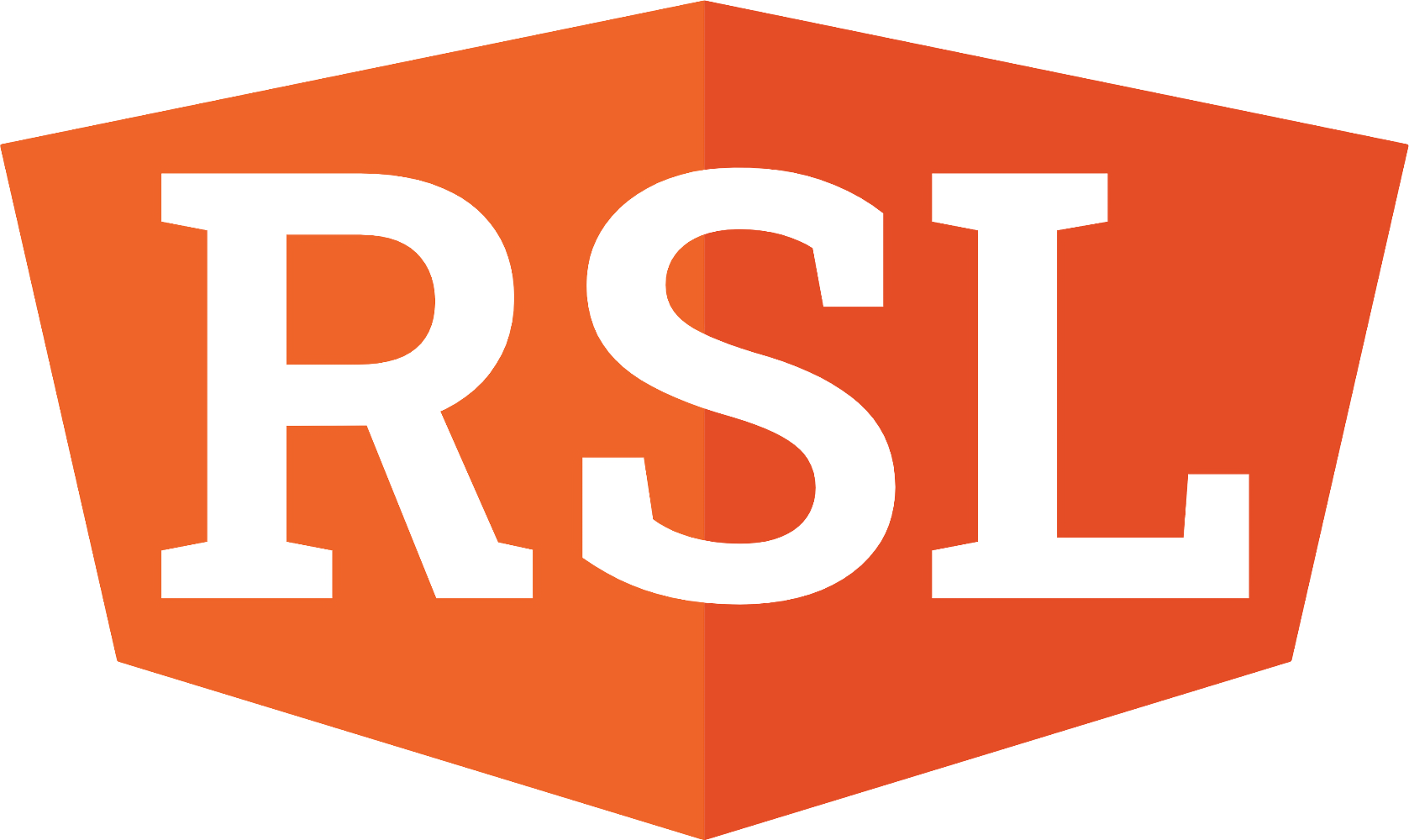Publishers Embrace AI Licensing for Content Control
Publishers shift from blocking AI crawlers to licensing, gaining leverage and compensation for content as AI platforms expand.

Publishers Embrace AI Licensing for Content Control
The landscape of content licensing between publishers and AI companies is undergoing a fundamental change in 2025, moving from outright blocking of AI crawlers to increasingly sophisticated licensing agreements that give publishers leverage and compensation for their creative work. This shift is shaped by landmark legal settlements, new licensing technologies, and emerging market dynamics as AI platforms grow exponentially in reach and influence.
Background: The Era of Free AI Training Data Ends
For years, publishers and creators watched AI companies scrape their content for training algorithms without permission or payment, sparking widespread legal and ethical challenges. This "wild west" era of free content ingestion is now closing. In a landmark $1.5 billion copyright settlement reached by Anthropic in September 2025—the largest in copyright history—AI companies acknowledged the value of licensed content and human creativity in building AI systems. HarperCollins and other major publishers have negotiated deals worth $2,500 to $5,000 per book for AI licensing, signaling an industry-wide recognition that quality data demands fair compensation.
The settlement and subsequent negotiations set a new precedent: creators and publishers hold measurable worth in AI training, fundamentally changing the balance of power. This is critical as AI-generated summaries and answers, which often bypass the original sources, have caused up to an 80% drop in publishers’ website clickthroughs, threatening traditional revenue streams.
From Blocking to Licensing: New Technical and Legal Tools
Initially, many major news sites responded by blocking AI crawlers outright to protect their content, with about 60% of major news sites employing such measures despite the financial incentives to permit access. However, publishers are now adopting more nuanced strategies that combine technology with licensing frameworks to better control and monetize AI usage.
A major innovation is the launch of Really Simple Licensing (RSL), a machine-readable protocol that builds on the traditional robots.txt system. Unlike robots.txt’s simple “allow/deny” instructions, RSL enables publishers to embed detailed licensing terms and royalty models directly in their websites. These terms can specify free use, attribution requirements, pay-per-crawl fees, subscription access, or pay-per-inference charges that compensate publishers when AI systems generate answers using their content.
Supported by major platforms such as Reddit, Yahoo, Medium, and Quora, RSL offers a scalable solution to automate licensing agreements and reduce the fragmented, time-consuming negotiation process historically faced by publishers. Tim O’Reilly, CEO of O’Reilly Media, highlighted RSL as a necessary evolution for the “AI-first Internet,” providing the missing layer of licensing to ensure fair compensation.
Impact on Publisher Revenue and AI Search Visibility
Publishers that have secured AI licensing deals, particularly with OpenAI, are seeing measurable benefits in user engagement. One report showed publishers with licensing agreements experience nearly seven times the clickthrough rate from AI-generated content compared to those without deals. This underscores the strategic value of licensing not only for direct payments but also to maintain visibility and traffic in an AI-dominated search landscape where 93% of AI mode searches end without a user click to the source.
The rise of AI marketplaces like Microsoft’s and Cloudflare’s offerings further incentivizes publishers to participate in licensing as they provide new distribution channels and monetization opportunities for content.
Industry Dynamics and Publisher Strategies
The AI content licensing ecosystem is evolving rapidly. The market has shifted from bilateral deals with individual AI companies toward collective bargaining frameworks and marketplace models that promise greater scalability. Publishers are increasingly forming unified fronts to negotiate better terms and prevent further erosion of their content’s value.
Meta is also in active talks with major publishers like Axel Springer, Fox Corp., and News Corp. to license news content for AI applications, reflecting growing industry-wide recognition of the importance of licensed data.
For creators, the new licensing landscape means a tangible opportunity to be paid for their work’s use in AI training and products, something previously unavailable. Experts recommend that content owners document their rights carefully and engage early in licensing discussions to secure favorable terms.
Context and Implications
The transition from blocking to licensing marks a pivotal moment in the relationship between publishers and AI companies. It balances the need to protect creative rights with the acknowledgment that AI systems rely heavily on diverse, high-quality content to function effectively. The adoption of machine-readable licensing protocols like RSL promises to streamline and standardize how content is licensed on the internet, potentially reducing legal risks for AI companies and ensuring publishers and creators receive fair compensation.
As AI usage continues to surge—serving 800 million weekly users and processing billions of prompts daily—the stakes for publishers are higher than ever. Licensing deals not only provide new revenue streams but also influence what content AI systems highlight, shaping public access to information in the AI age.
Publishers who adapt quickly to these new licensing frameworks and technologies will likely maintain stronger control over their content, safeguard their economic interests, and secure a meaningful role in the future AI ecosystem.
Relevant Images for Context (Descriptions)
- Anthropic Logo: Symbolizing the company behind the historic $1.5 billion AI copyright settlement.
- Really Simple Licensing (RSL) Protocol Diagram: Visual representation of how RSL integrates licensing terms into website metadata.
- Publisher Logos (HarperCollins, Axel Springer, Fox Corp.): Highlighting major publishers involved in AI licensing deals.
- ChatGPT Interface Screenshot: Illustrating AI platforms that benefit from licensed content.
- Tim O’Reilly Portrait: CEO of O’Reilly Media, advocate for licensing standards like RSL.
These images collectively illustrate the key players, technologies, and legal milestones defining the new era of AI content licensing in publishing.


